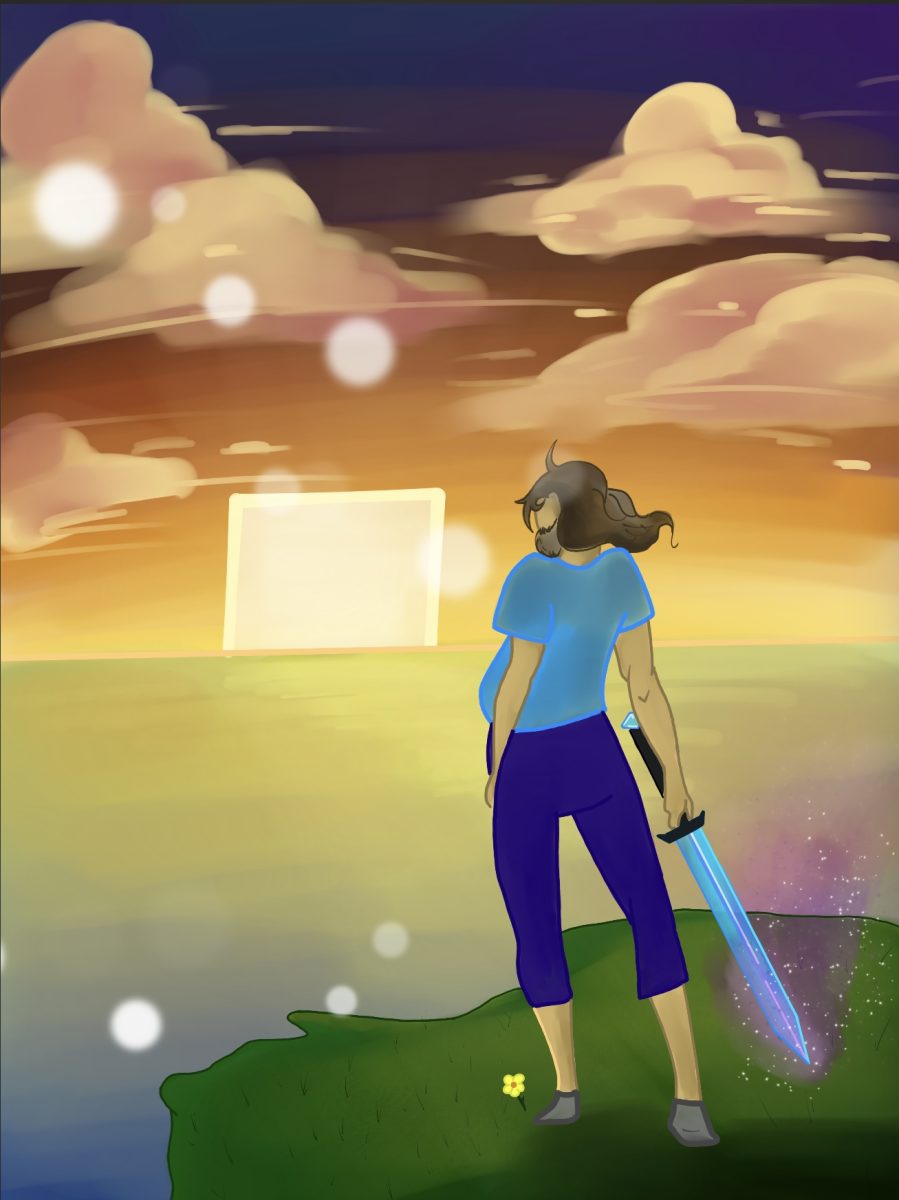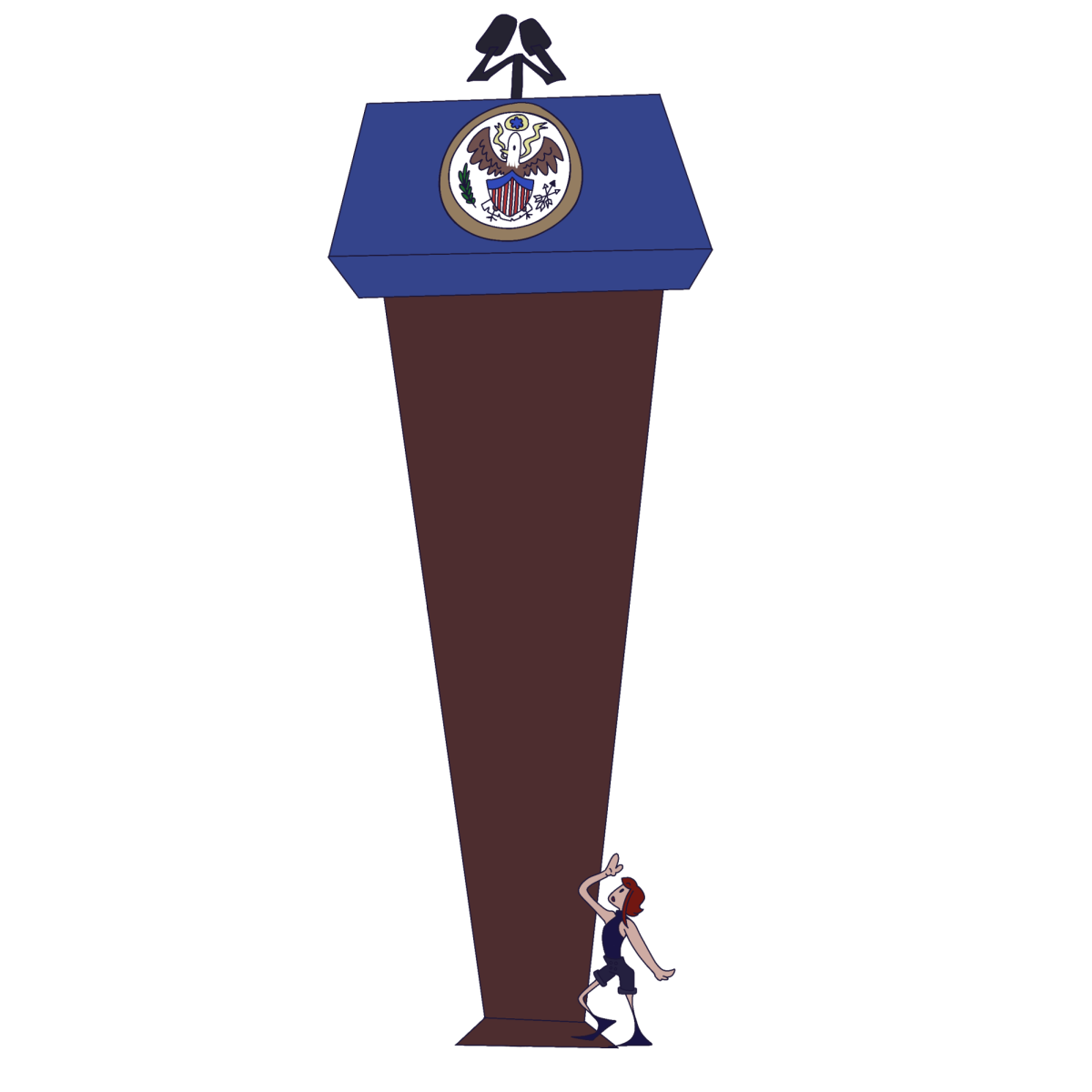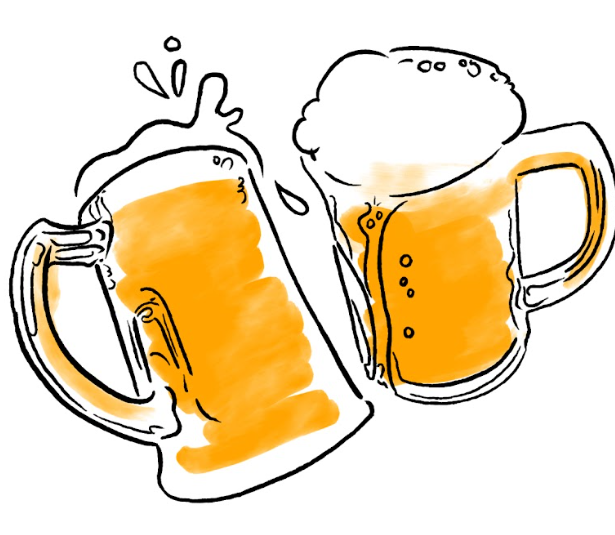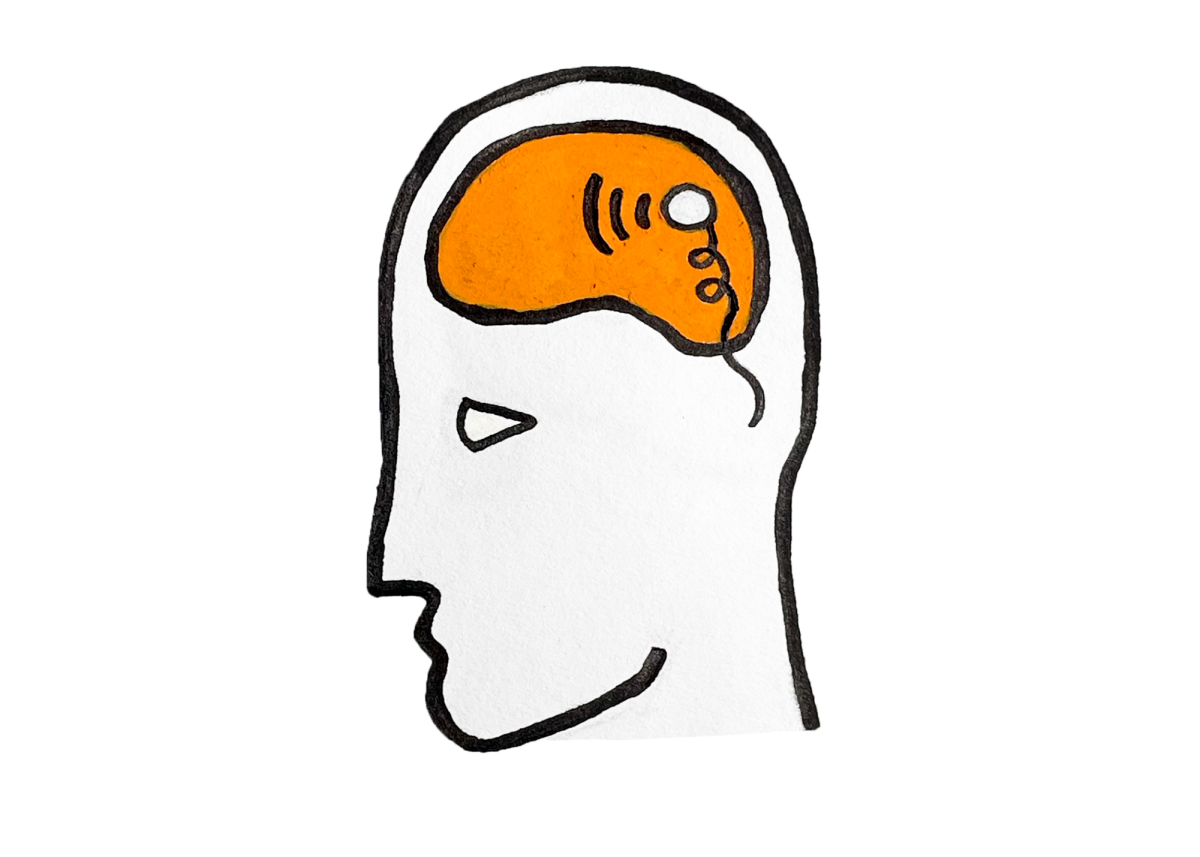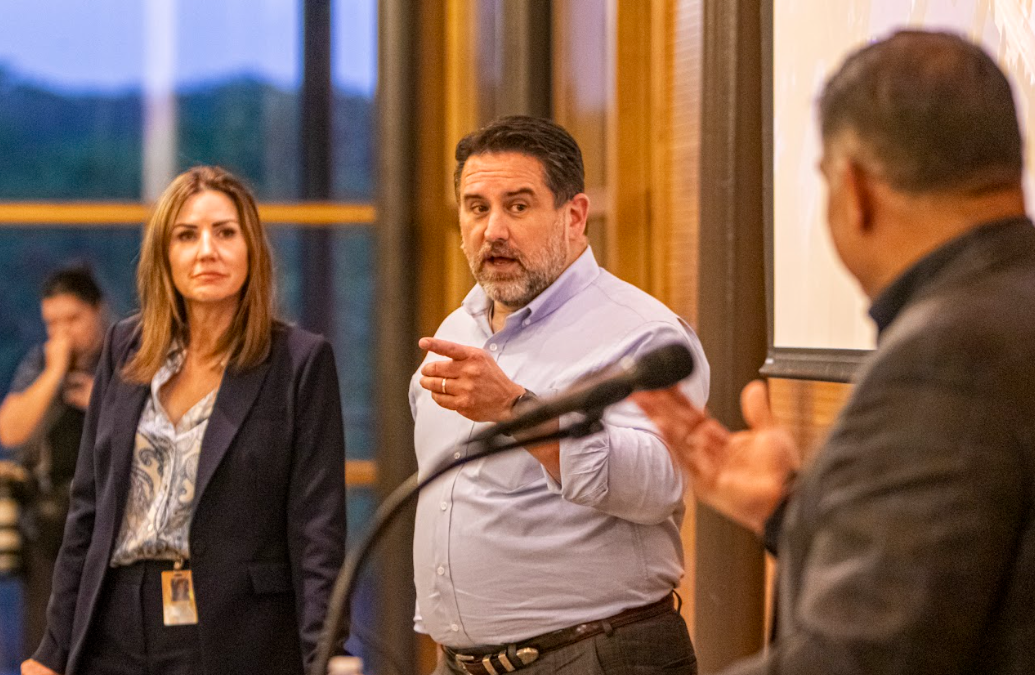Incident
Following a second on-campus death in six months, the UTSA Administration made an unprecedented decision to cancel all classes scheduled for this past Friday. The day of reflection was announced to students via email and UTSA Today.
When confronted with a similar situation in early May, the university was criticized for not canceling or postpone scheduled classes.
Statistics
Tracking statistics about student death by suicide on college campuses is difficult, as most schools do not regularly track these incidents when they occur. In a 2018 interview with the Daily Texan, Director of the UT Counseling and Mental Health Center, Chris Brownson, testified that “There is no federal mandate, [and] most states do not have a legislative mandate to track [student suicides]. The reality is it’s hard to know the cause of death[s]. Sometimes suicides appear to be accidents. We do our best to learn about any student death.”
In 2018, the Associated Press, compiled a report of major universities that track student suicide.
The report found that The University of Texas at Arlington provided limited data but did not answer questions about the consistency of their tracking. The University of Texas at El Paso, the University of Texas Rio Grande Valley and the University of Texas at Austin all reported that they tracked student death by suicide on their campuses.
Of the universities that responded, UTSA was the only university in the UT System that did not have statistics or consistently collect them.
When looking at broader, national statistics, a study conducted by the Committee on Mental Health, Substance Use, and Wellbeing of the National Academies of Sciences, Engineering, and Medicine found that from 2008-2019, 5.6 out of 100,000 students died by suicide. However, this study looked only at 13 large, midwestern universities.
Another important factor to recognize is that this study ended in 2018 — two years before the start of the COVID-19 pandemic. Universities in Texas have already seen firsthand how COVID-19 has impacted the mental health of students.
Following three student deaths in the University of Houston’s Agnes Arnold Hall — one occurring in 2017 and two occurring in 2023 — UH Counseling and Psychological Services Director Dr. Norma Ngo says students reporting suicidal thoughts recently increased by 30-40%.
“Students are reporting difficulty adjusting after the pandemic,” Ngo explained in an interview with FOX 26. “The social isolation, lack of connection and just overall stress in the world.”
Students’ response
UTSA students had a mixed response to the university’s actions following the incident on Wednesday. Some Roadrunners took to platforms, like Reddit and Instagram, searching for answers about what tangible changes the university could make to rectify the situation in the future.
Joshua David, a freshman majoring in film and media, learned about the incident via UTSA’s email announcement.
“Their response was pretty basic. To me, it makes sense to just link all of the resources,” Davis stated about the university’s response. “They could have harped on it more, sent out more emails or something.”
Senior electrical engineering major Jian Perez also learned about the incident via the email announcement. Compared to the university’s response to the last student death on campus, Perez felt there was a noticeable improvement.
“Definitely took a higher step than last [semester],” Perez said. “This time, they did the rest day so as students we can just relax, don’t have to take care of school, and just make sure we’re aware of each other.”
Perez noted that as a member of the engineering department, the reminders about mental health service access by faculty has been consistent.
“In the engineering department, I constantly see things of people talking and announcing and telling us, ‘Go get help, there’s people to talk to. Don’t be afraid to talk about that stuff.”
Cheyenne, a senior Cybersecurity major, learned about the death through Reddit. Cheyenne noted that the lack of safety infrastructure in the on-campus parking garages was particularly concerning.
“I feel like [UTSA] did the best with what they had, but I do also believe that they could do more physically,” Cheyenne stated. “This is the second [death] that occurred on the garage, and I think setting up some bars or improving the resources we currently have. I know a lot of other students have problems with the counseling that’s here, so maybe facilitating more work on that would definitely be better.”
UTSA’s Response
Following the incident on Wednesday, UTSA has committed to providing students and staff with “additional well-being services” following Friday’s day of reflection. The announcement was made via email and on UTSA Today.
The university is offering online and in-person student listening sessions “to hear directly from our students” in coordination with the Wellbeing Enhancement Taskforce. Students and faculty will also have access to free “daily mental health support resources” in the Sombrilla from Nov. 11 to Nov. 15. Additional “meaningful mental health programming on topics ranging from healthy body image, recovery, therapy animals and more” will also be available to students. More information about this health program can be found on Rowdylink.
However, UTSA has currently made no concrete commitment to making tangible, systemic changes to the mental health resources it provides to its students. Additionally, UTSA has currently made no commitment to adding additional safety measures to its on-campus parking garages — where the two most recent student deaths by suicide took place.
When contacted for an interview to clarify the university’s plans to further address the situation, Vice President for Strategic Communications and External Affairs Joe Izbrand did not immediately respond.
When contacted for an interview on how/if their organization would advocate for the student body following this incident beyond hosting a Mental Health First Aid Training, the UTSA Student Government Association did not respond.
Resources
Beyond the traditional mental health resources provided to students and faculty by UTSA, there are other steps students can take to promote not only their personal mental health but the mental health of their community.
In an interview with The Paisano, Dr. Mary McNaughton-Cassill discussed the importance of reaching out to troubled individuals to help, and how to access mental health first aid training to accomplish this more effectively.
“The scariest part, of course, is if someone you know or care about has suicidal ideation, thoughts and tells you about them, because that immediately makes us panic. You know, ‘what do I do?’ ‘I don’t want to make it worse.’ ‘How do I help them?’
“That’s where the whole Mental Health First Aid movement comes in, which is a specific training course. It takes six hours, and we can do it on campus. We have people trained to teach it. They help you to identify depression, mental illness, anxiety, and literally, to have scripts, to have information on how to talk to someone, how to get them help. So instead of feeling like, oh my gosh, I’m going to make this worse, you actually have a strategy on how to keep them safe and how to reach out for help.”
More information on how to register for Mental Health First Aid training can be found at https://www.utsa.edu/students/wellbeing/programs/training.html.







